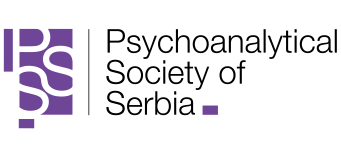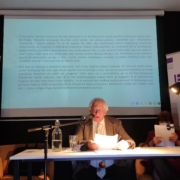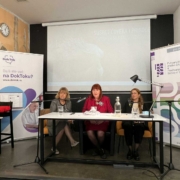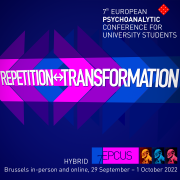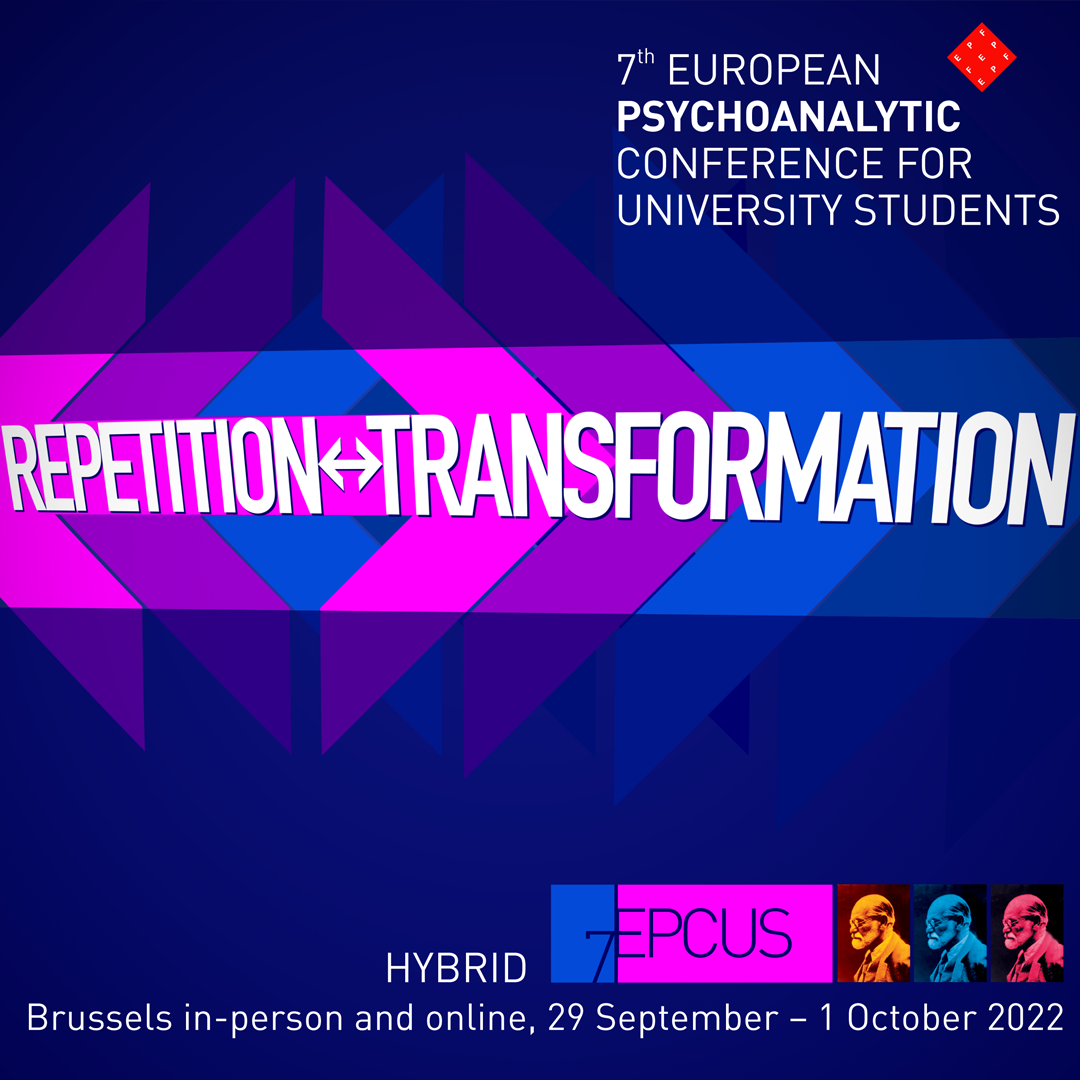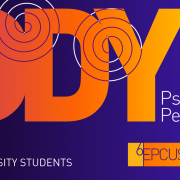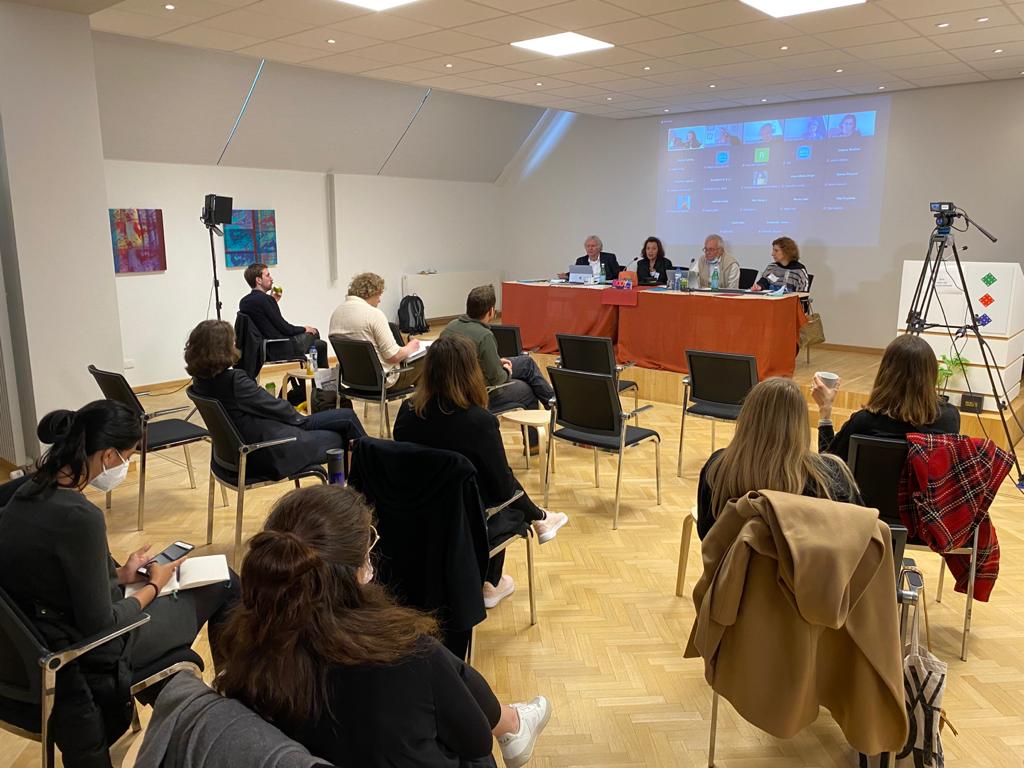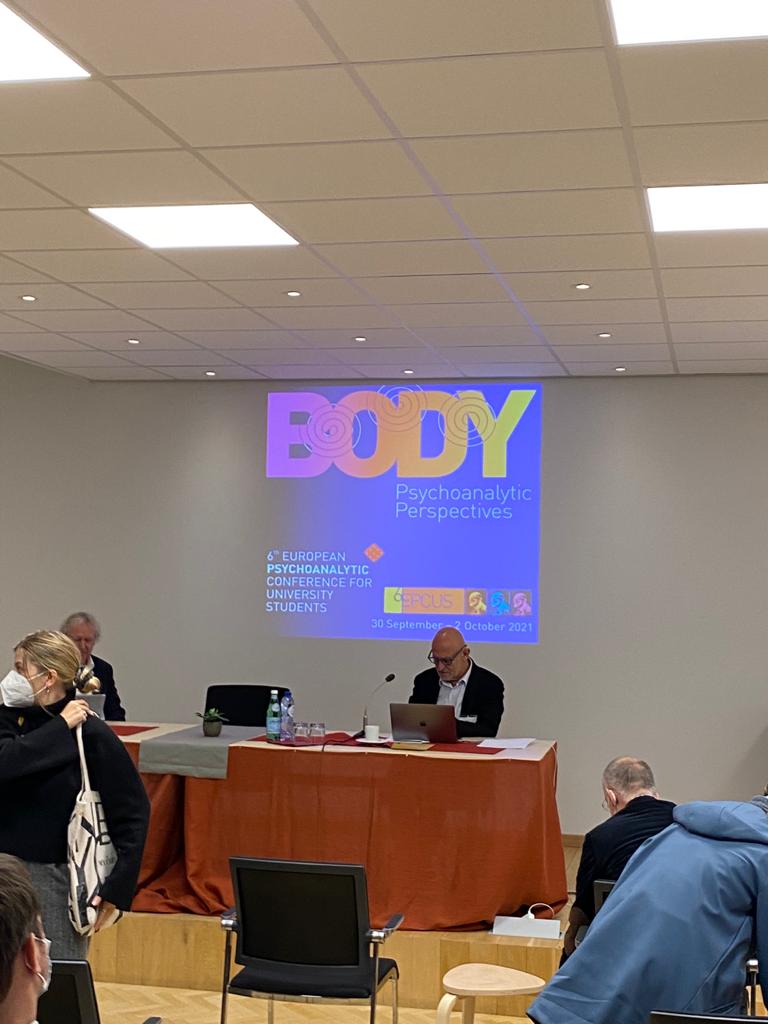Report from the first workshop conducted on December 3rd , 2022
/in News and Events/by PSSAfter a break of more than ten years, the Psychoanalytical Society of Serbia has relaunched a cycle of clinical workshops titled “Contemporary Psychoanalysis in Theory and Practice “.
The Shape of Totalitarian Ideals in our Apocalyptic Times and the Missing Debate
/in News and Events/by PSSIf one speaks with anybody it is likely that they too will be worried about the present state of the world. Many things are the matter and are frightening all of us. The problems are enormous from global warming, Covid and its vicissitudes and also the lurch to the right towards fascism and totalitarianism.
9th SUMMER SCHOOL Encounter of man and nature-challenges for mental health, September 23-25, 2022
/in News and Events/by PSSThis year’s 9th Summer School was held in Belgrade at Ict Hub, under the auspices of DokTok. You must have seen the programme, and we believe, you were present at the event. With quite a few dilemmas about how to organize the School, we opted for the School in person and we were not wrong.
9th SUMMER SCHOOL OF PSYCHOANALYSIS OF THE PSYCHOANALYTICAL SOCIETY OF SERBIA
/in News and Events/by PSSWe are pleased to officially announce that this year’s IX Summer School of Psychoanalysis “The Encounter of Man and Nature – Challenges for Mental Health“ will be hosted by the Psychoanalytical Society of Serbia from 23 to 25 September 2022.
Our wish is to gather this year and if circumstances permit, the Summer School will be held IN PERSON in Belgrade.
We invite you to reflect, together with us, on the unbreakable bond between man and nature, in the world in which we are constantly facing challenges of encountering ourselves in differing circumstances – such as epidemics, environmental pollution, but also the fear of war and a possible nuclear disaster. In these times, people are increasingly turning to nature, attributing to it the comforting and healing powers, while at the same time fearing its destructive power. Who is crueller, man or nature, and who can be influenced more? The role of psychoanalysis today and how psychoanalysis can help us understand our inner world and nature whose integral part we are, are inexhaustible and inspiring themes we are going to deal with this year.
We are looking forward to meeting you again and to the exchange of opinions and experiences.
More information and registration start date coming soon.
REPETITION←→TRANSFORMATION
/in News and Events/by PSSPresenters: Heribert Blass, Christine Franckx, Orna Hadary, Anna Maria Nicolò, Mercedes Puchol, Mark Solms, Martin Teising, Majlis Winberg Salomonsson.
All presentations will be in English.
Two possibilities to participate in the conference are offered:
- participating in person in the EPF House in Brussels
- participating online
On our website www.epf.fep.eu, you can find the latest information about possible restrictions due to Covid in our house in Brussels. The maximum number of participants will be known in September. There will be no limit to the number of online participants.
Venue: The House of the European Psychoanalytical Federation in Brussels, Belgium
Date: Thursday, 29 September 2022 – Saturday, 1 October 2022
Costs: 30 €
For further information, please contact Frank Goderniaux: frank.goderniaux@epf-fep.eu, Alex Janssen: a.m.janssen@xs4all.nl, Martin Teising: teising@t-online.de, Jasminka Šuljagić: jasminkasuljagic@gmail.com, or Mercedes Puchol: mpuchol@futurnet.es
Follow EPCUS on www.instagram.com/epcus_epf and www.facebook.com/epcus/
Save this date!
The statement of the Psychoanalytical Society of Serbia about the tragedy in Ukraine
/in News and Events/by PSSThe Psychoanalytical Society of Serbia is deeply shocked and concerned about the tragedy in Ukraine. We are particularly worried about the safety of civilians, children in the first place, the future of refugees and many other things that we ourselves, not that long ago, went through. As analysts, we are well aware of the fact that traumas that are being experienced now will leave deep marks on several generations.
We remember quite well the uncertainty caused by sirens and bombs, sanctions, long lines of refugees who did not have the possibility to choose a country they could go to. Hence, we are pleading with both sides to find a peaceful solution.
On our part, we are offering professional help to our colleagues in coping in such traumatic situations for which no theory can sufficiently prepare us.
Our Society has established a Fund for Assistance to Colleagues in Ukraine and has organized links via which we are offering experience-based assistance to fellow psychoanalysts who have found themselves in a whirlpool of the conflict.
Knowing the voice of reason is quiet but persistent, we hope this time, as before in history, it will prevail as soon as possible in the interest of humanity, as a priority that surpasses politics, territories and ideologies.
The International Encyclopedic Dictionary of Psychoanalysis is available on our website
/in News and Events/by PSSThe International Encyclopedic Dictionary of Psychoanalysis compiled by IPA in cooperation with three regions is now available on our website. The abundance of entries provides greater insight into the psychoanalytic theory, numerous authors and their contributions. The cooperation of the three regions is particularly important as it has included the psychoanalysts whose theories are not well known to all psychoanalysts or a wider readership interested in psychoanalysis.
The Dictionary creators have also strived to bring cultural differences closer to readers through terminology commonly considered international, whilst incorporating language specificities of the less known theorists relevant to the regions where they created. IPA has not completed the entire Dictionary, and as soon as it is finished, part by part, we will proceed with the translation. Translations of non-English speaking societies that also wanted to have such a comprehensive analysis of psychoanalytic concepts can also be found on the IPA website.
For the Dictionary to be published, voluntary work on the translation by the members of each society was prerequisite. Our translation team consisted of Marija Vezmar, Vesna Brzev-Ćurčić, Jovana Baćigalupo, Ivana Dobrić, Tamara Krneta, Danilo Đurić, Zona Lemez and Anka Marjanović Radonjić. Biljana Soldatović proofread the text, for which we are truly thankful.
You can find the entire Dictionary HERE.
6th European Psychoanalytic Conference for University Students EPCUS
/in News and Events/by PSSBODY – Psychoanalytic Perspectives
This year, the European Psychoanalytical Federation (EPF) organized the sixth conference for students and recent graduates entitled “Body – Psychoanalytic Perspectives”. It took place, for the first time, in a hybrid format.
EPCUS team: Martin Teising, Alex Janssen, this year for the first time Mercedes Puchol on the team, and Jasminka Šuljagić designed a programme that presented the main topic to students from different perspectives in an interesting and challenging way. The participants were provided with the Reading List with the recommended literature to prepare and study before the conference, there was plenty of time for questions after each lecture, and one discussion group for students was envisaged each day of the conference.
There was a total of 95 registered participants, mainly from Germany and Belgium, with three participants being from Serbia.
The EPF president Heribert Blass opened the conference.. The lectures were given by renowned analysts, Jasminka Šuljagić, Jan Abram and Rudi Vermote, delivered an opening lecture titled “Notes on the body, in the theories of Freud, Winnicott, Bion”. This was followed by the topics on embodied memories (Marianne Leuzinger-Bohleber), body transformation in adolescents (Teresa Olmos de Paz), and a famous lecture on psychosomatics by Catalina Bronstein, followed by a lecture of the EPF group that works in the field of psychosomatics. The evening lecture tackled the subject of the body in the art of Giacometti, and on the last day, the participants discussed the subject of tele-analysis and the impact of the Covid-19 pandemic on the analytic work (Alex Janssen), as well as the subject of body, symptoms and meaning (Charlotta Bjorklind). Finally, along with the closing discussion, students were introduced to the basic ideas of psychoanalytic training.
As a hybrid conference, EPCUS 6 was a pioneering event for the European psychoanalytical community. Based on the need for such working model and the EPCUS experience, purchase of equipment for the EPF House in Brussels has been agreed so that upcoming events and conferences can be organized in the same way.
Jasminka Šuljagić
